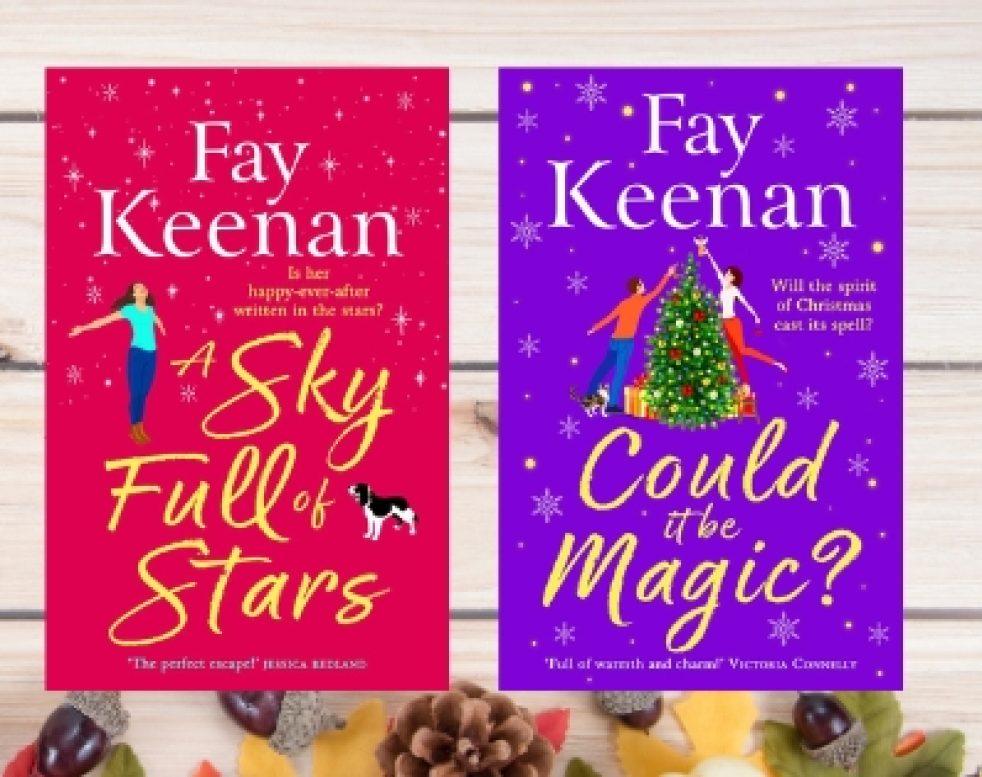At the risk of repeating myself, I’m not a ‘precious’ writer. While I believe I write well, I’m not someone who worries about being brutal with my work to make it better. I don’t suffer agonies of self doubt about chopping words, sentences and even whole paragraphs from my writing, if the end result is a better, tighter, more impactful story. With this in mind, after leaving Far From the Tree alone for four or five weeks, I’ve now started giving it the chop. It does really need it, too! At just over 125,000 words when I exported it, with the average wordcount for the genre being 80-100,000 (although I’ve been thinking about precisely which genre it does fit into, after some rather interesting Pitchwars feedback), there is still some work to do. And while the thought of putting all of the corrections back into Scrivener fills me with dread, I am actually really enjoying the red penning process.
Editing a hard copy of a manuscript has taught me that I massively overuse certain words and phrases; ‘for a moment’, being one of them. Double adverbs is another, for example stuff like ‘Slowly, gently, he brushed his fingertip down her cheek.’ That’s OK in moderation, like wine, chocolate and exercise, but, like all of these examples, too much and the writing gets a bit sickly. As a result, FFTT is undergoing radical word loss surgery, and becoming a better manuscript because of it. I do love a good red penning session (must be the teacher in me!), and it’s satisfying looking at the draft, which is currently very overwritten, and losing bits of it.
But it’s not just technical stuff that I’ve noticed; doing a hard copy edit has allowed me to pick up inconsistencies in narrative that I wasn’t aware of; a passing comment made in a later chapter only makes sense if the subject is referenced earlier, for example. It’s the kind of thing that only I would notice, as the whole story remains in my head the whole time, so it’s easy for me to see where things are narratively a bit ‘off’. Speaking of which, I have never identified more strongly with JK Rowling’s assertion that the whole of Hogwarts is in her head and that anyone could ask her anything and she’d just know the answer.(I’m paraphrasing there, of course.) I feel that way about Little Somerby these days :).
So, timewise, I’m not sure how long this edit will take. I’m about a third of the way through, and then there’s transferring all the red pen to Scrivener, of course! But so long as I’m enjoying it, I think it’s all to the good. And there’s no doubt that the story will be better for it; of that I am sure. The question is, will my red pen last the journey?!

wow…and I had to edit and proof-read my two recently published books, which isn’t the best approach for a writer. I had to conclude that essence was more important than form, especially when one is not well and all alone with it all.
Thanks for the comment :). I’m lucky in that I had a good friend who proof read the first electronic draft, and she picked up a lot of inconsistencies and typos, which definitely kick started me into the second, hard copy edit. I’ve been doing a fair bit as I go along, too, which has helped :). The English teacher in me won’t allow me to forgo form too much ;). I’m sorry to hear about your ill health – writing is such a solitary thing, it must have been hard to sustain it at times.
Thanks for your response. Yes, it was tough, but I did my best. Great that you are an English teacher. That’s a massive part of the job done already. 🙂
And I respect the reader, in making sure my work was of a professional standard. It was because I got good feedback from editors in chief, that I was confident my work was as good as I tried to make it. Best wishes 🙂
The outside eyes really help, don’t they? I think we, as writers, owe it to our (potential) readers to make our work as professional as we can – even when our eyes start to bleed from the endless corrections and scrutiny of the manuscripts! 😉
lol, yes absolutely. 🙂